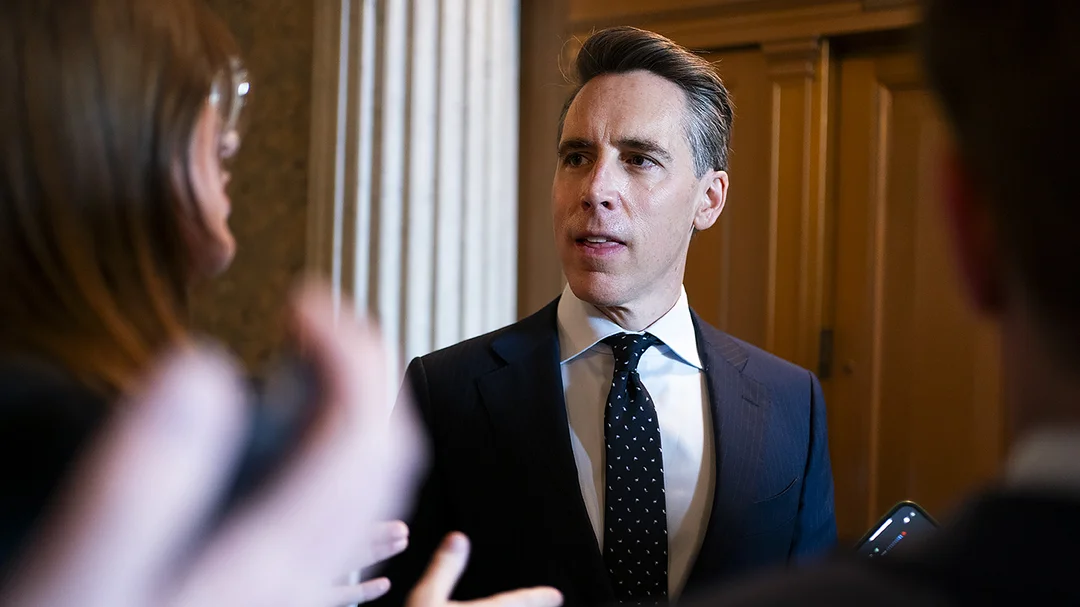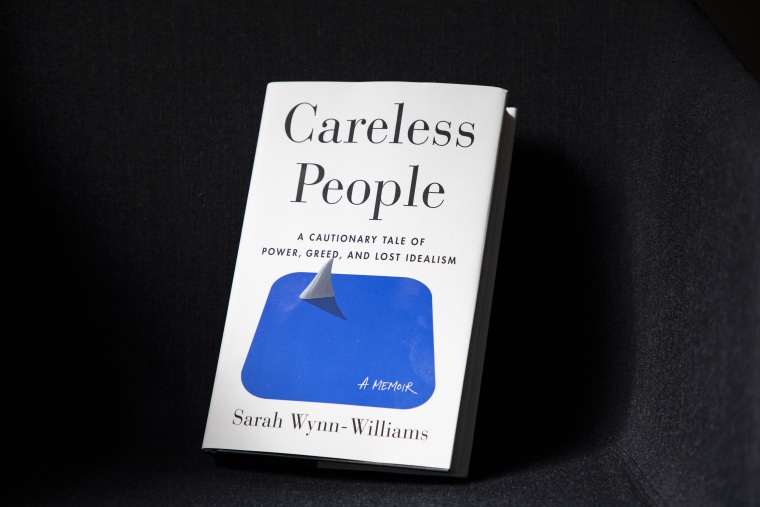
Meta Whistleblower Accuses Facebook of Betraying American Security by Cooperating With China
A high-profile Capitol Hill hearing has sparked fresh outrage over alleged ties between Meta Platforms Inc.—parent company of Facebook and Instagram—and China, with whistleblower Sarah Wynn-Williams accusing the tech giant of prioritizing profits over American national security. The former global public policy director’s explosive testimony claims Meta secretly assisted the Chinese Communist Party (CCP) in censorship efforts while giving Beijing a competitive edge in artificial intelligence, further fueling U.S. lawmakers’ distrust toward the company.
Ms. Wynn-Williams told Senators that from 2011 to 2017, she witnessed Meta executives “undermine US national security and betray American values,” all to protect an $18 billion business with Chinese advertisers. According to her, Meta briefed CCP officials on emerging AI technologies and suppressed dissidents, such as by deleting accounts belonging to critics like Guo Wengui at Beijing’s request. She contended that Facebook built “custom built censorship tools” specifically designed to silence those opposing China’s regime.

Meta immediately refuted these claims. Company spokespersons labeled her statements as “divorced from reality and riddled with false claims,” reiterating that Meta’s platforms are not operational in mainland China, despite Zuckerberg’s past ambitions to break into Asia’s largest market. Mark Zuckerberg had previously insisted his strategy aimed to ‘connect the world’ and perhaps help “create a more open society,” though conceding by 2019 that an entry into China was no longer feasible due to censorship demands he deemed unacceptable.
Yet Wynn-Williams asserted that Meta’s efforts—dubbed internally as “Project Aldrin”—went far beyond outreach, reportedly involving a “physical pipeline” plan: an undersea cable connection from Los Angeles to Hong Kong, which could have enabled CCP access to Americans’ personal data. The cable project with Google was abandoned in 2020, only after U.S. government intervention over data security fears.
Perhaps more troubling are her allegations that Meta briefed Chinese officials as early as 2015 on sensitive technological advances, including AI. She highlighted concerns centered on Meta’s Llama AI model, allegedly used by Chinese companies such as DeepSeek to develop military-related AI tools. Ms. Wynn-Williams cited internal Meta documents indicating their pitch emphasized that collaboration would “help China increase global influence and promote the China Dream.”

The hearing, chaired by Republican Senator Josh Hawley, highlighted how Wynn-Williams has faced intense pressure and legal threats from her former employer. Meta previously won a temporary arbitration order to stop the promotion of her book, “Careless People,” which details her accusations of internal misconduct, including past claims of sexual harassment by executives. Hawley condemned Meta’s attempt to levy purported $50,000 penalties per public mention as an effort to silence her completely.
Despite contractual risks, Wynn-Williams told Congress she spoke out because “the American people deserve to know the truth.” Her account echoes previous revelations from whistleblowers Frances Haugen and Arturo Béjar, intensifying scrutiny of Meta’s corporate ethics beyond just content moderation issues to potential geopolitical security breaches.
Beyond personal disputes, these allegations spotlight Washington’s escalating concerns over technology’s intersection with national security amid a worsening U.S.-China rivalry. With Meta also facing a fierce antitrust battle with the Federal Trade Commission that could lead to a breakup, the company finds itself cornered by both regulatory and political fires.
Whether these explosive claims prove actionable remains to be seen, yet they reignite critical discussions about the moral responsibilities of global tech behemoths. Will Silicon Valley giants prioritize U.S. values and security, or will profit temptations abroad continue to cloud judgment? Readers, what do you believe: Is Meta sacrificing American interests, or just misunderstood in a complex global environment? Share your thoughts below.